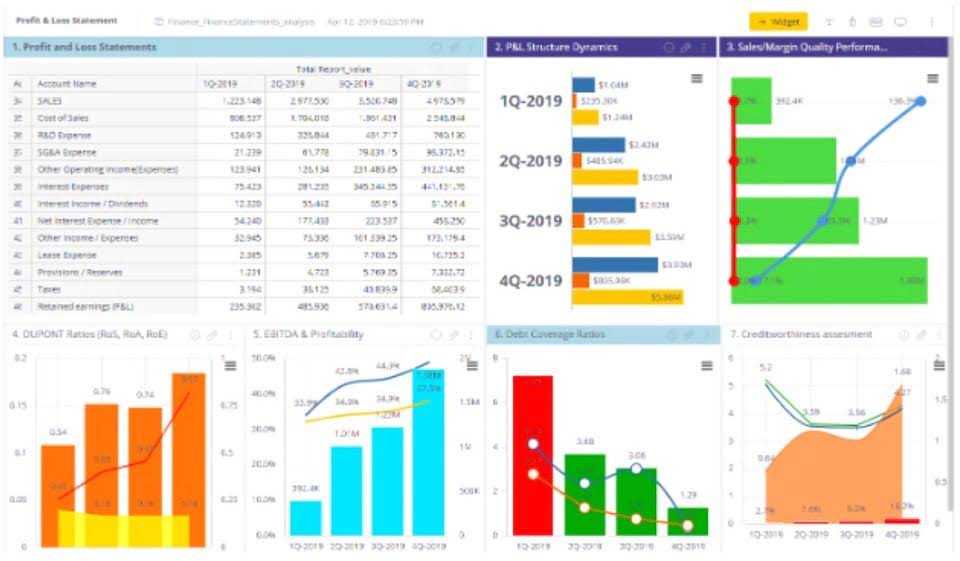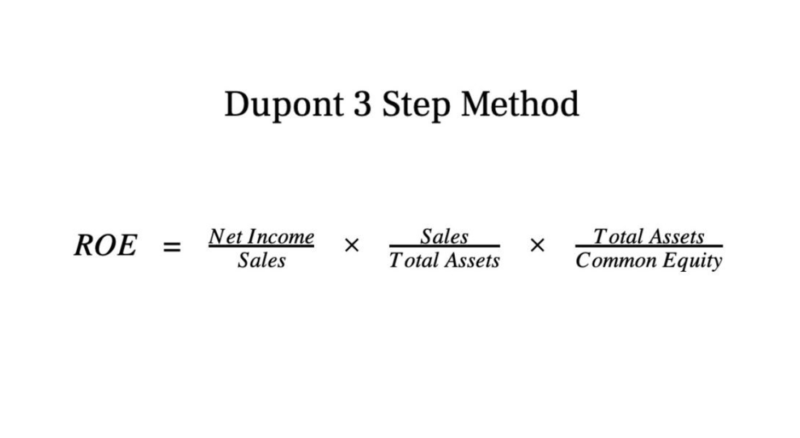
Asking these questions with your accountant opens up a conversation as to whether changing one thing could make a big and positive difference to the bottom line. Within the reports, you will see how fixed costs (rent, administration, etc.) and variable costs (inventory, shipping, manufacturing, labor, etc.) compare with sales volume at different periods. This leads into determining whether seasonality, market conditions or other factors would have an impact. Content, including images, displayed on this website is protected by copyright laws.

Analyze Financial Data

They help businesses evaluate the financial feasibility of investment opportunities and recording transactions develop effective financial strategies. By presenting financial information in a clear and understandable manner, accountants enable business leaders to steer their operations in the right direction. One of an accountant’s key contributions is the ability to assist in strategic financial planning. By working closely with business owners, accountants help establish financial goals and objectives that align with the overall business objectives. They analyze the company’s financial situation, industry trends, and market conditions to develop comprehensive financial plans that drive growth and sustainability.
- Their expertise fosters collaboration, enabling stakeholders to make informed decisions that drive business success.
- They identify tax strategies that can minimize tax liabilities by taking advantage of deductions, credits, and exemptions available in tax laws.
- Your accountant can advise on methods to set up KPI reporting and allows you to see how they perform over time so you can make better decisions.
- Interpreting financial statements and analyzing key performance indicators (KPIs) are crucial for understanding a business’s financial health and helping company owners make informed decisions.
- Discover how AP dashboards can transform your business by enhancing efficiency and accuracy in tracking key metrics, as revealed by the latest insight…
Different Management Jobs in Hospitality Revealed: Explore Your Career Path

An efficient and capable small business accountant could play a key role in helping to get your application materials in tip-top shape prior to submitting a loan or financing application. Maintaining a healthy cash flow is a lifecycle imperative for small businesses. Not securing enough of a cash buffer can put small businesses at risk of making decisions that can hurt more than help. This year’s findings reveal that cash-strapped businesses have been increasingly relying on credit to manage cash flow problems — jumping from 51% in September 2022 to 68% in April 2023. And with small businesses increasingly relying on credit cards, knowing how to manage cash flow and handle curveballs https://www.facebook.com/BooksTimeInc can be the key to longevity. Current headwinds open up an opportunity to advise clients on making informed financing decisions for the short- and long-term, becoming a more crucial area of expertise for accounting professionals.
ways accountants can help owners grow their business
- For just about every business in the nation, revenue projections have changed.
- By working closely with company leadership, accountants help safeguard assets, ensure compliance with regulations, and maintain accurate financial records.
- One of the key small business accounting functions is preparing a budget for your company.
- Furthermore, by understanding a business’s goals, an accountant can provide more targeted and valuable financial advice.
- The role of an accountant is increasingly to be on top of this legislation – not just tax, but issues such as employment laws, or data protection.
- A business accountant can provide that foundation by keeping track of your finances, preparing your tax returns, and offering advice on strategic planning and cash flow management.
Some businesses have seen an increase in revenue, while others have seen drastic declines. Due to COVID-19, almost every business owner will need to reset their goals, create a new cash flow forecast and revise their revenue projections. They will need to go through their budget and make numerous changes, cutting out expenses that may not make sense for 2020. When it comes to implementing automation, the tools are likely to be already there in the software you how an accountant can help a business succeed and your clients already use – or are likely to be available via add-ins. Or it may require your practice to leverage modern accounting solutions that help automate workflows and data entry. But where might we actually find automation within a typical practice or client business?

Turn Accounts Payable into a value-engine
But as consumers consume less under the pinch of higher interest rates, demand for the services and products of small businesses declines. Here are three actionable small business insights for accounting professionals to keep in mind as they advise their clients on growth strategies designed to help them succeed. Another consulting service offered by accountants is assistance with VAT registration or working with foreign companies.
The Benefits of Managed IT Services for Small Businesses
Again, for clients there are few boundaries between different areas of knowledge—they expect those who manage their financial data to know about issues like securing it, for example, while also ensuring it’s accessible. Statutory audits are required by law and aim to provide an independent assessment of a company’s financial statements. These audits ensure that the financial records are accurate and that the company is complying with applicable laws and regulations. By conducting a statutory audit, businesses can demonstrate transparency and gain the trust of stakeholders, including investors, lenders, and regulatory authorities.
